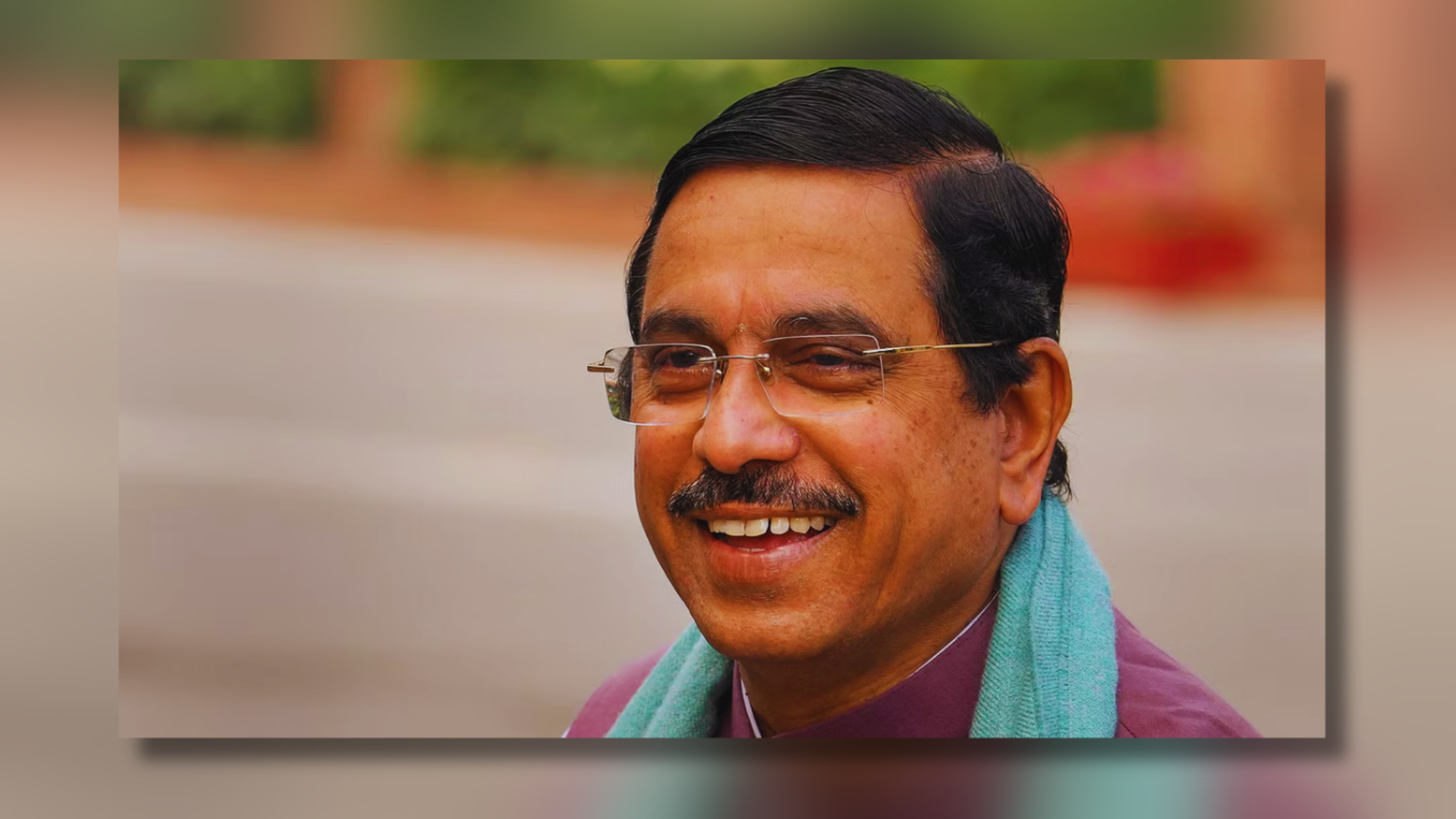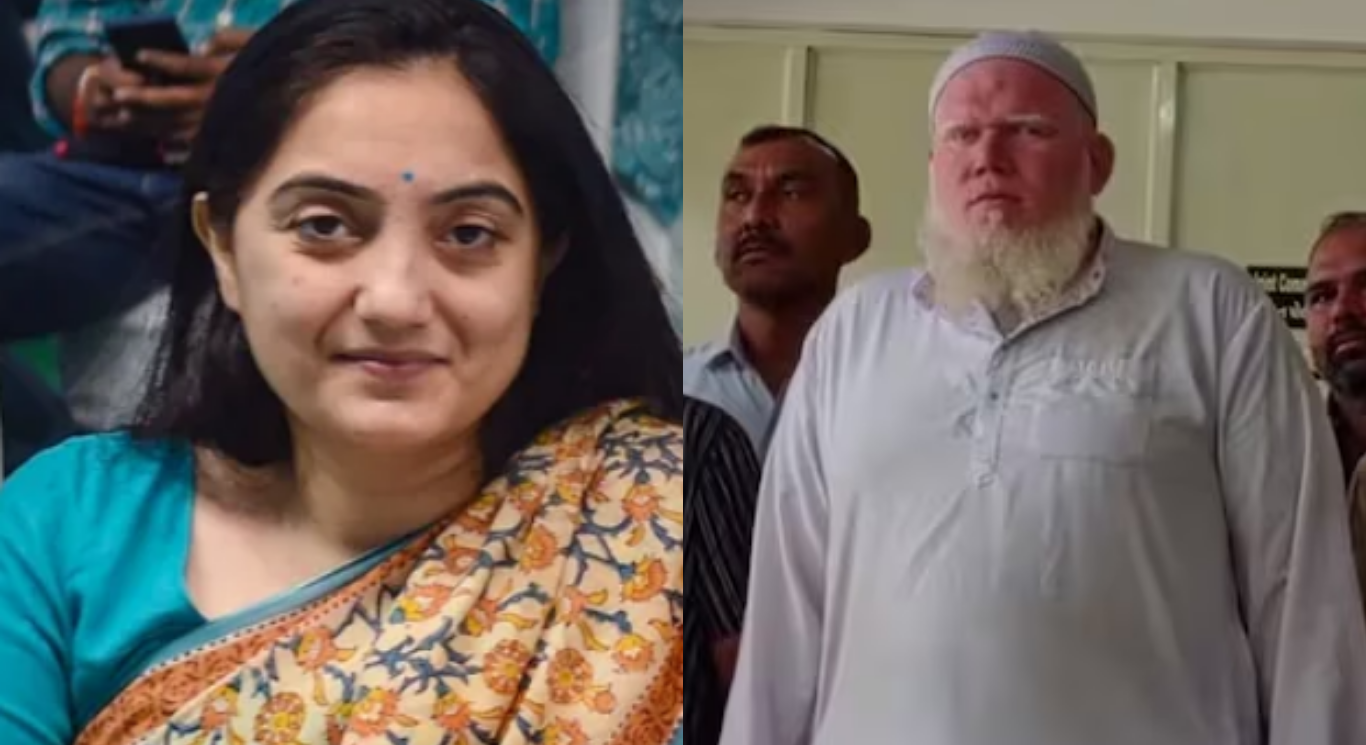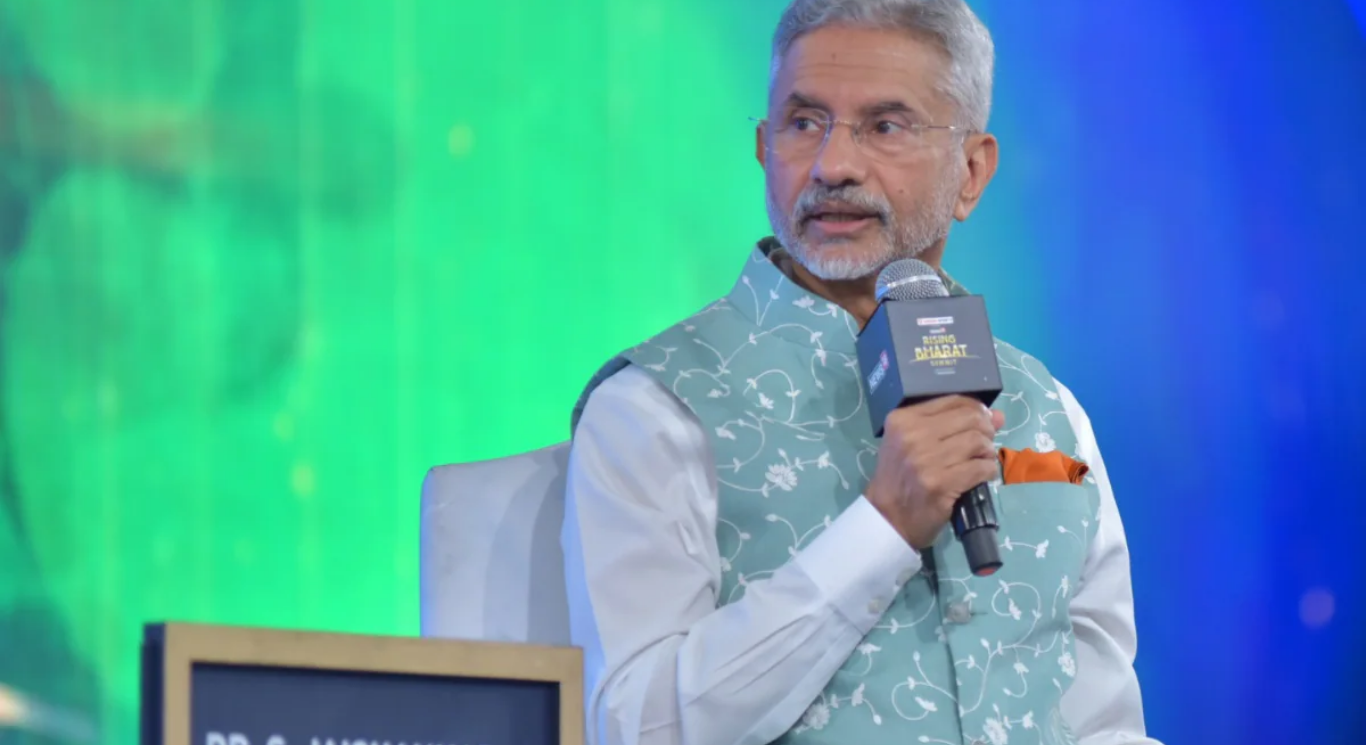







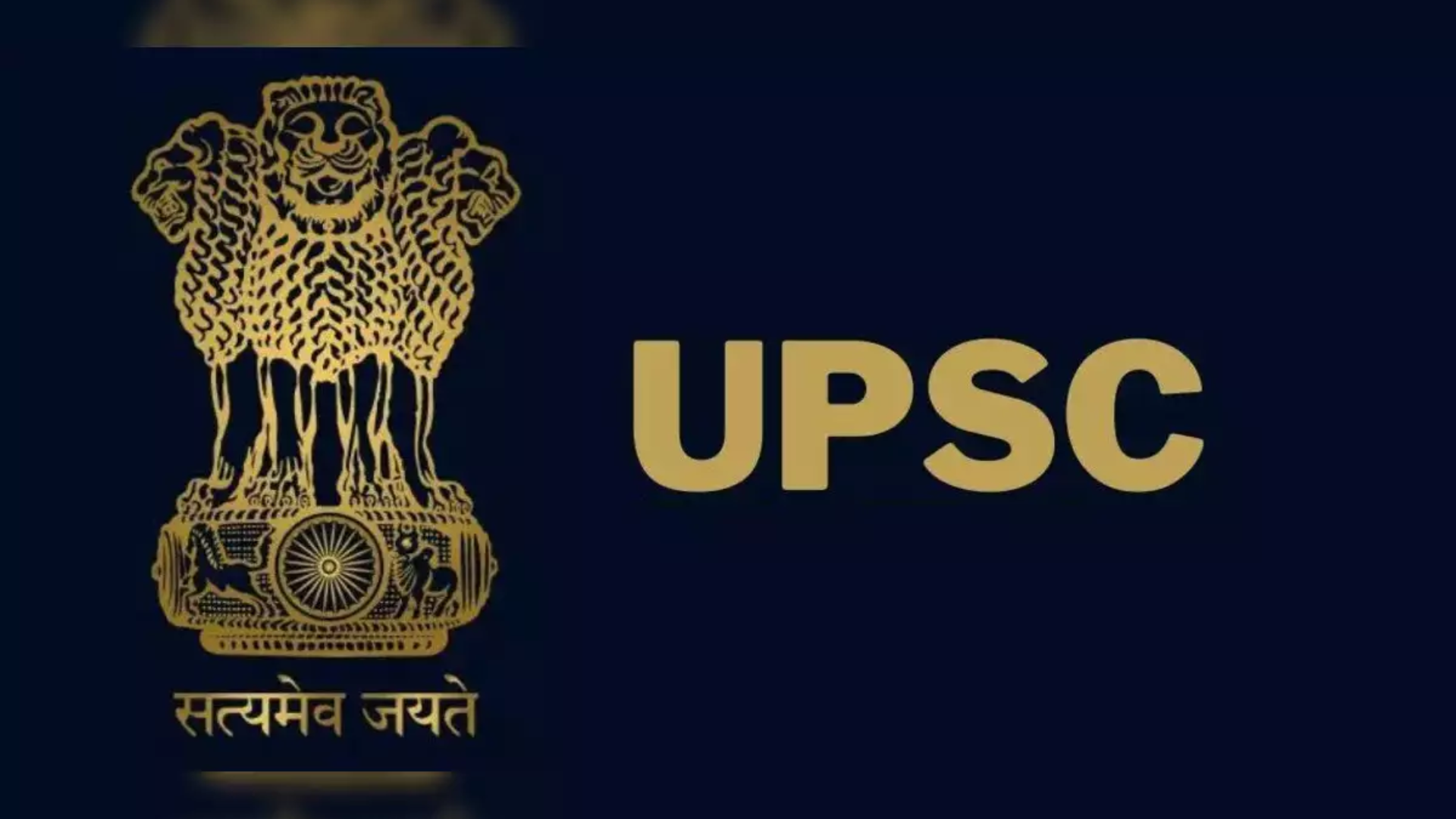
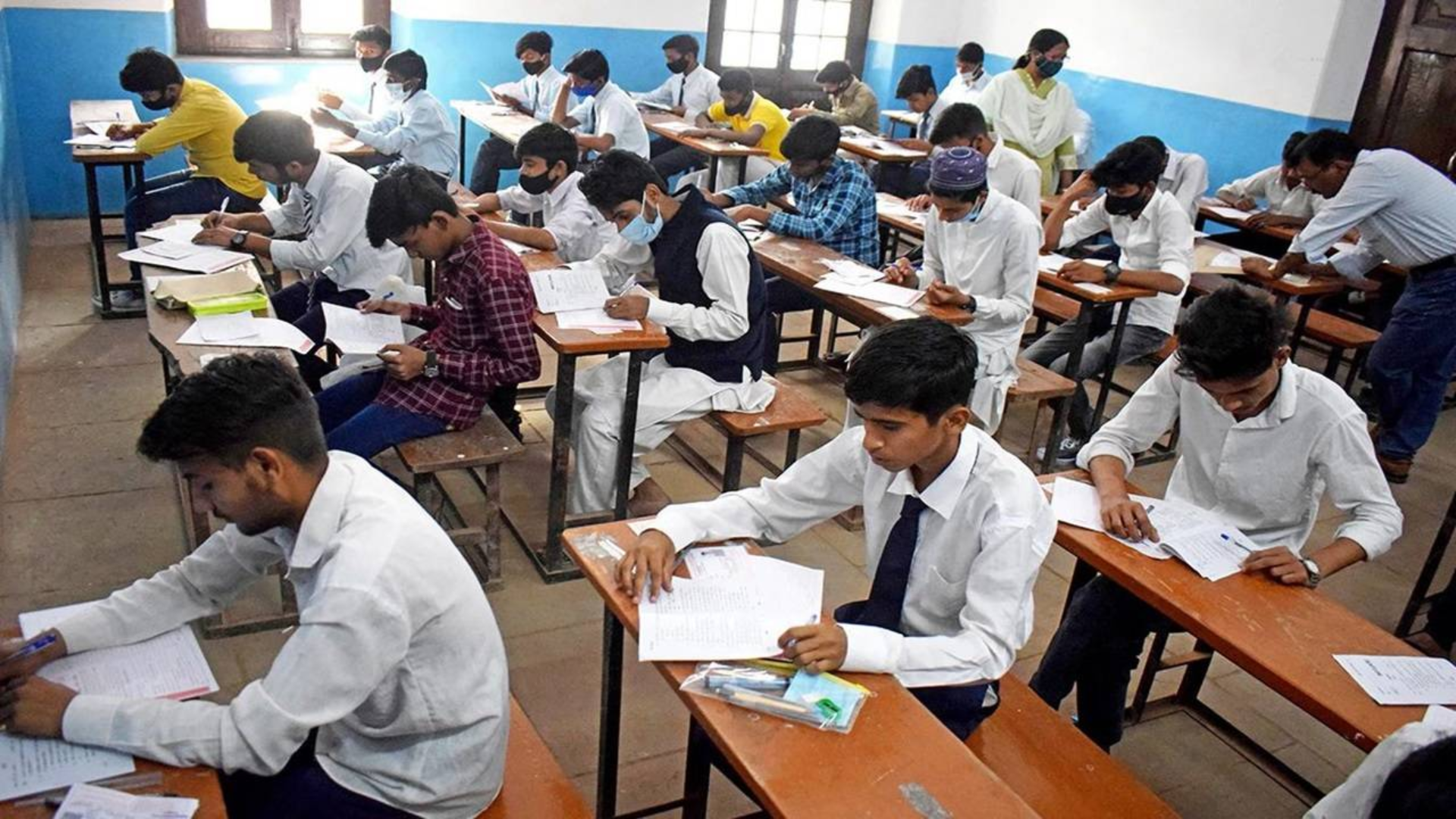

Chief Justice of India (CJI), Justice D Y Chandrachud, has underscored the critical need to broaden access to legal education in remote regions across the country. Speaking at an event in Prayagraj, he emphasized that the current landscape of legal education predominantly caters to English-speaking students, leaving those from non-urban areas at a disadvantage.
Addressing attendees at the inauguration of the Dr Rajendra Prasad National Law University in Prayagraj, Uttar Pradesh, Justice Chandrachud stressed the imperative of extending university-level legal education to remote rural areas. He lamented that the current system tends to favor urban students, perpetuating a cycle of inequality in access to legal education.
Highlighting the transformative potential of technology, Justice Chandrachud emphasized its role in bridging the gap between educational opportunities in urban and rural settings. He noted that advancements in technology have empowered institutions to reach students in far-flung regions, thereby democratizing access to legal education.
Referring to a survey on diversity conducted across five law universities, Justice Chandrachud underscored the barriers faced by students from diverse backgrounds, particularly those who are not proficient in English. He lamented that such students often encounter challenges in securing admission to prestigious institutions due to linguistic constraints, further exacerbating disparities in legal education.
In advocating for the expansion of legal education to rural areas, Justice Chandrachud affirmed the importance of ensuring equal opportunities for students from all backgrounds to pursue careers in law. By broadening access to legal education beyond urban centers, he articulated a vision of inclusivity and empowerment, wherein aspiring lawyers from small towns are not deprived of the opportunity to realize their potential.




